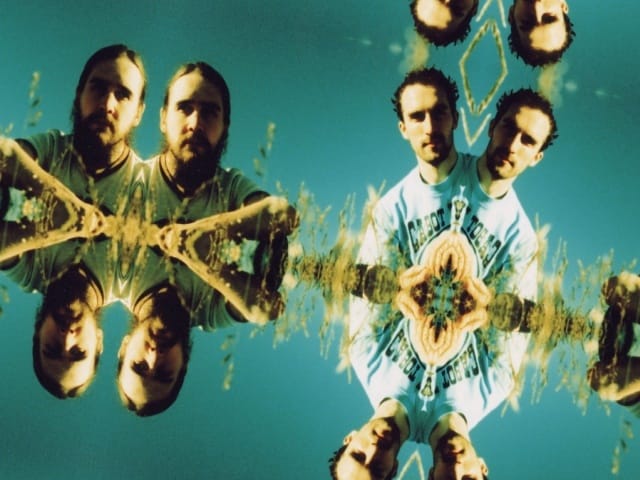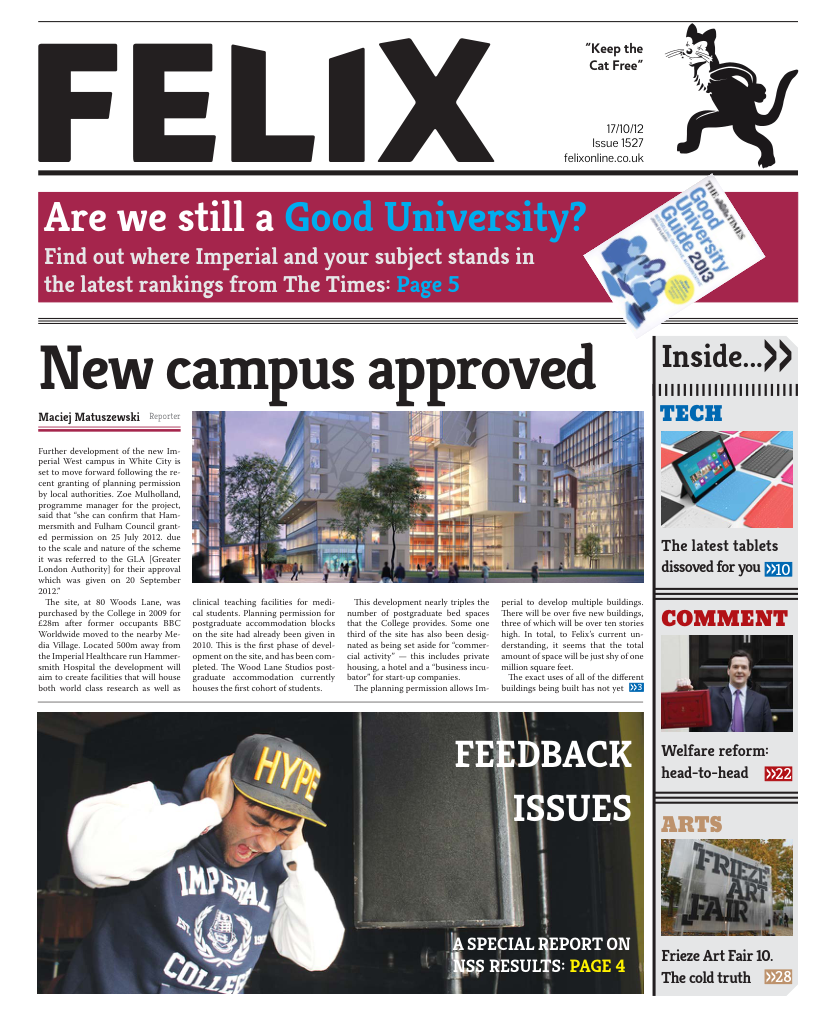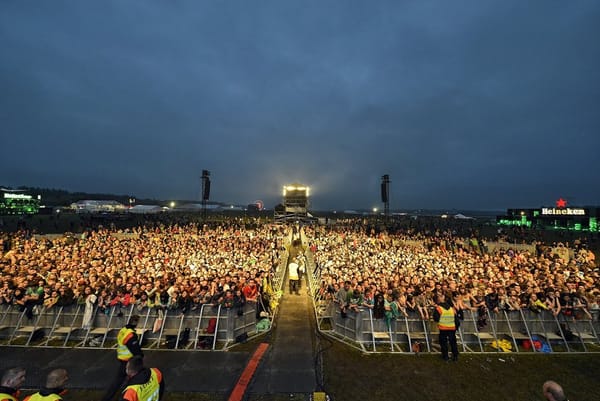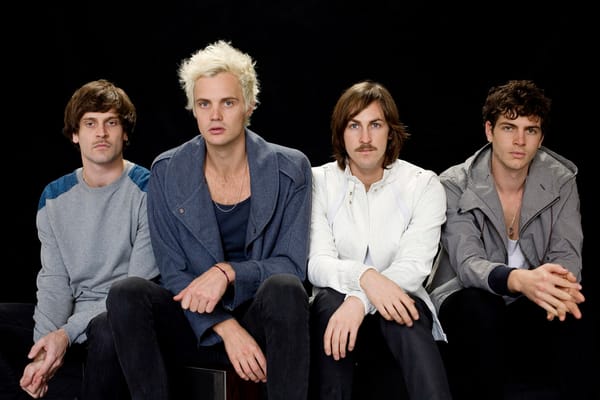Kaleidoscopes of Canada
Intelligent Dance Music

IDM (which, unfortunately, is short for intelligent dance music) is an incredibly interesting genre. Also dubbed “Armchair Techno” , it’s a loosely defined term for experimental electronic music. The sounds lumped under this label can vary wildly, from the hauntingly nostalgic to tracks with beats that go beyond the limits of danceability and syncopation into the realm of pure fetishism. I want to talk about a group from the former end of the spectrum: IDM mainstays Boards of Canada (BoC).
The world of Boards is a strange one: members Marcus Eoin and Michael Sandison first began making music together in the 80s, releasing cassettes under their own label, Music70; now signed to Warp Records, they’ve been working for decades in the Pentland Hills, Scotland, having only emerged to play live ten times in their entire career; most of the material they produce remains unreleased (their second album, Geogaddi, contained 22 songs culled from 400 fragments and 64 full tracks.)
Using a mixture of analogue synths, drum machines and live recordings, theirs is the reverse of the usual production process. When creating music, BoC take individual sounds and progressively destroy them, until they appear aged and worn. Part of this drive comes from their early inspiration, the soundtracks to old educational documentaries produced by the National Film Board of Canada, from which their name is drawn.
Nowhere is this effect better demonstrated than on the aforementioned record Geogaddi, released with Warp in 2005. Each track on Geogaddi is cracked and broken, giving this strong impression that you’re listening to an ancient cassette, some long lost album that’s been sitting in the glove-box of your parents’ car. But because of this mental association with old equipment, heightened by BoC’s preference for analogue synths, the album actually feels infused with warmth and nostalgia.
Therein lies the dichotomy of Geogaddi; whereas the timbre is warm and rich, many of the songs themselves are dark and haunting things. Whether it’s the warped vocal samples, often from children, droning synths or some other unfamiliar sound, nearly all the songs on the album have an eerie edge to them. They feel charged with some unknown intent, infused with unfathomable meaning. In a way this is often true, as there is more to the music of Boards of Canada than initially meets the eye.
Take the track ‘Gyroscope’. It features a heavy, rolling beat, a synth line that sounds like it’s running backwards and an unnerving sample of a child reading a sequence of numbers over and over. This sample is in fact a recording taken from a Numbers Station, unidentified radio stations that broadcast female or child voices reading seemingly random sequences of numbers, possibly for espionage.
Every single track on Geogaddi is filled with tiny details like these: voice clips played backwards, forwards or slowed down; samples of radio-wave phenomena; references to Branch Davidian cultism and hypnotism; a sample from a dream sequence in a 70s horror film. This is an album so intricate that someone actually reversed the whole thing and made it available to download on The Pirate Bay, in some vain attempt to cast light on it’s hidden details.
The sum of all these pieces is that Eoin and Sandison seem to take on the role of a pair of mad scientists performing a series of experiments on the notion of nostalgia itself, bending it and warping it into different forms until it’s no longer dependable or familiar.
But, what makes Geogaddi, and in a broader sense all BoC’s work, really interesting is that their songs are not all dark and oppressive. This band is equally capable of producing upbeat dance tracks (‘Roygbiv’, ‘Julie’ and ‘Candy’), haunting but beautiful melodies (‘Turquoise Hexagon Sun’), and even soaring euphoric pieces like my personal favourite ‘Dawn Chorus’. Sandison described Geogaddi as a “twisting journey that takes you into some pretty dark experiences before you reach the open air again”, and ‘Dawn Chorus’ marks that point on the album. It’s a gorgeous piece of retro-futurism, evocative of the space race and the era when man envisaged colonies on the Moon, with wobbling synths and rich bass notes that wash over you like waves.
As I said near the beginning, the world of Boards is a strange and seemingly alienating one, but it is also incredibly rich and rewarding. In a world where pop-music is homogenising, this is a band with an entirely unique sound, who have done much to push the boundaries of electronic music.







